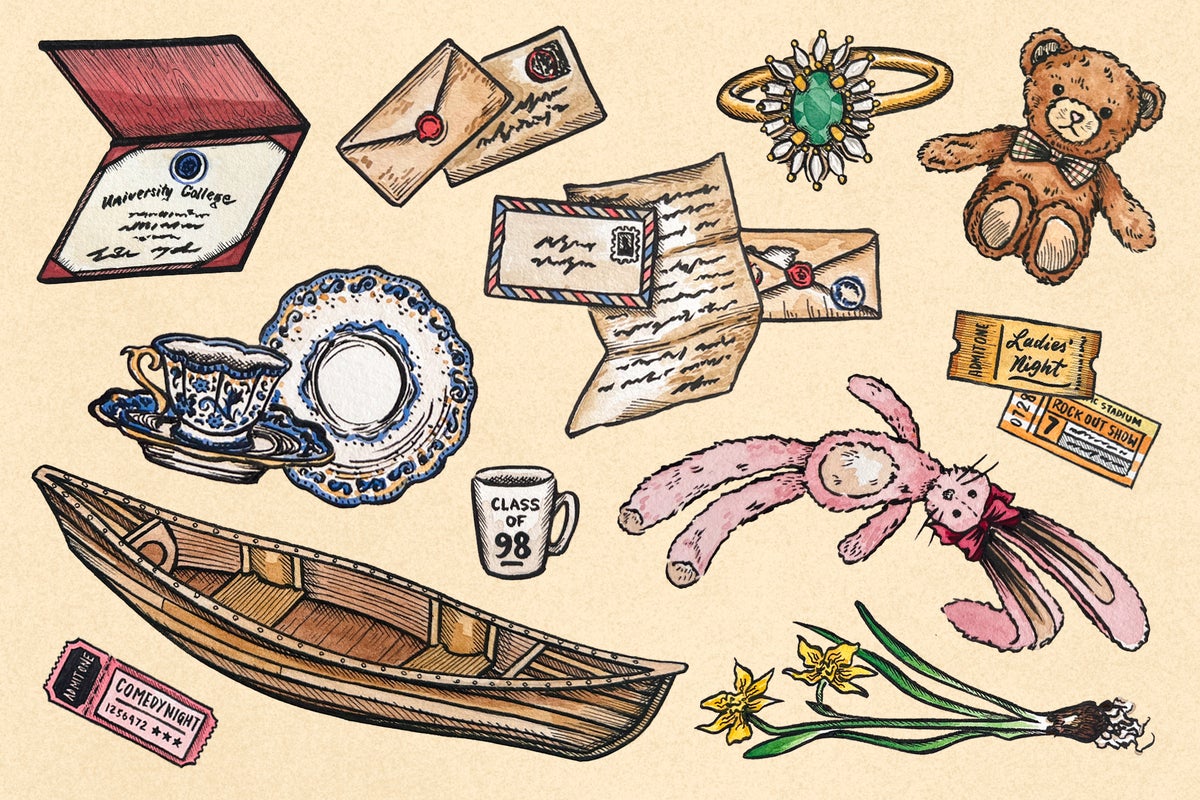Tips on overcoming the loss of cherished, personal belongings in disasters
Share:
Losing important sentimental belongings — those items that represented who you are — can be traumatic for those who go through disasters that destroy homes. Some tips on how to get through it, emotionally and practically:. Soothe yourself, and be patient.
Grief can be hard on the body, says Mary-Frances O’Connor, a psychology professor at the University of Arizona and author of “The Grieving Body: How the Stress of Loss Can Be an Opportunity for Healing.”. Move. Get good sleep, but accept that you might have insomnia. Establish new routines to replace the old ones.
“Our body is reacting to not having habits, to uncertainty,” O'Connor says. “Our body also takes time to absorb the blow.”. Recovering from loss requires “understanding the impact that it’s having,” says O’Connor. Have patience, she says.
Document the memories, let the material things go. “You've got to write down the stories. Document the stories,” says Matt Paxton, a decluttering expert and author of “Keep the Memories, Lose the Stuff.”. Pass on what those lost treasures represented. Capture their meaning for yourself and future generations. The actual things themselves are, in the end, just things.
“The old adage that you can’t take it with you is true,” he says. “It's not the items, it's the stories they tell.”. Preserve and document the keepsakes you still have. Use technology: Photograph your sentimental belongings, scan and digitize. Start with the top five most important things, say, and top 20 photographs that matter, Paxton suggests. Use apps that help catalog things and documents. (Paxton's company is cluttercleaner.com, and he recommends Fairsplit.com, Trustworthy.com and the Artifcts app, among others.).






















